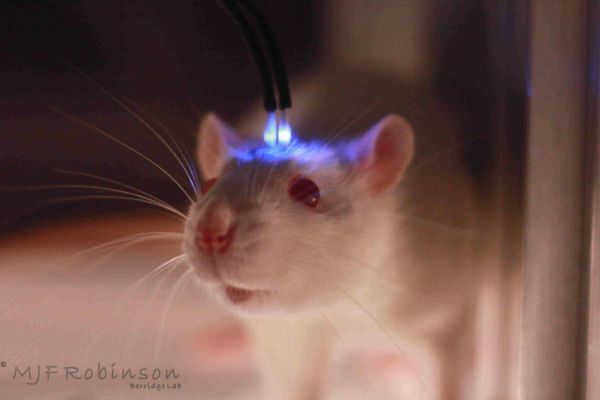Marc Lewis Ph.D.
Marc Lewis, Ph.D. is a neuroscientist and professor emeritus of developmental psychology, at the University of Toronto from 1989 to 2010 and then at Radboud University in the Netherlands until July 2016. He is the author or co-author of about 70 journal publications in psychology and neuroscience. Now retired from academia, he remains a prolific pop science writer and speaker focused on addiction and related topics.
Marc's connection with addiction started off the hard way. He experimented with a large variety of drugs in his youth, eventually becoming addicted to opiates. His addiction cost him several close relationships and led him into trouble with the police. At the age of 30, he quit drugs for good, then reentered grad school and received his Ph.D. five years later. Around 2006, Marc's research led him back to addiction, this time as a neuroscientist studying the brain changes that amplify craving and weaken self-control.
His first book on addiction, Memoirs of an Addicted Brain, blends his life story with a user-friendly account of how drugs affect the brain and how addiction alters neural chemistry and structure. From the back cover: "An engrossing and vividly written swirl of raw personal drama, themes of despair, loss and triumph, brilliantly rendered brain science, and clear thinking on the experience and essence of addiction. Illuminating even to experts, accessible to all." Gabor Maté, MD, author of In the Realm of Hungry Ghosts: Close Encounters With Addiction. His second book on addiction is The Biology of Desire: Why Addiction is Not a Disease. It combines neuroscientific findings with intimate biographies of recovered addicts, to make the case that addiction develops through accelerated learning. From the back cover: “This is the real story of ‘this is your brain on drugs,’ but one that provides a refreshing, convincing alternative to the widespread disease-model view of addiction. . . . It offers far more positivity about ways out of addiction than those offered by traditional treatment approaches, providing hope for those struggling and their loved ones.” —Anne M. Fletcher, MS, author of New York Times bestselling Sober for Good, Inside Rehab, and the Thin for Life books.













